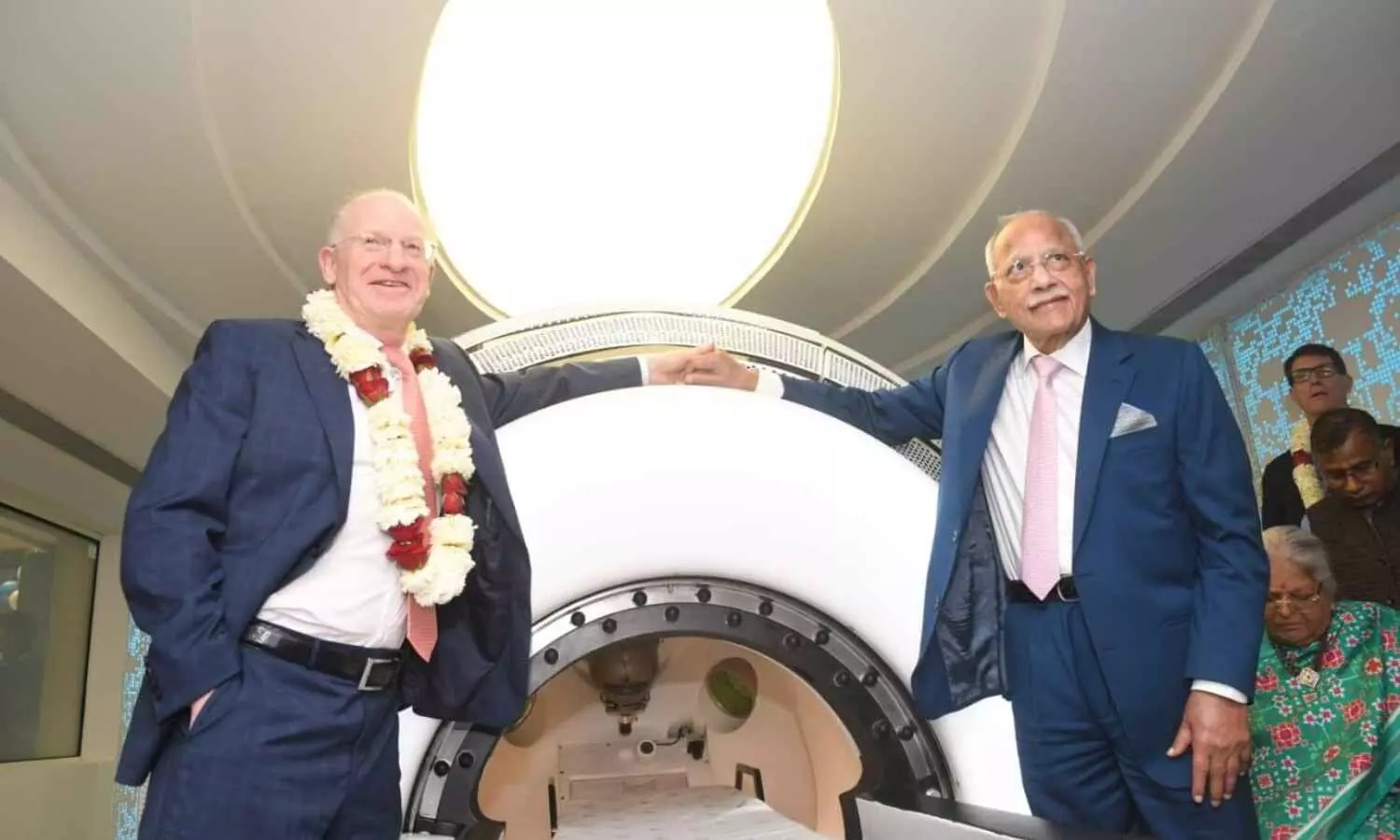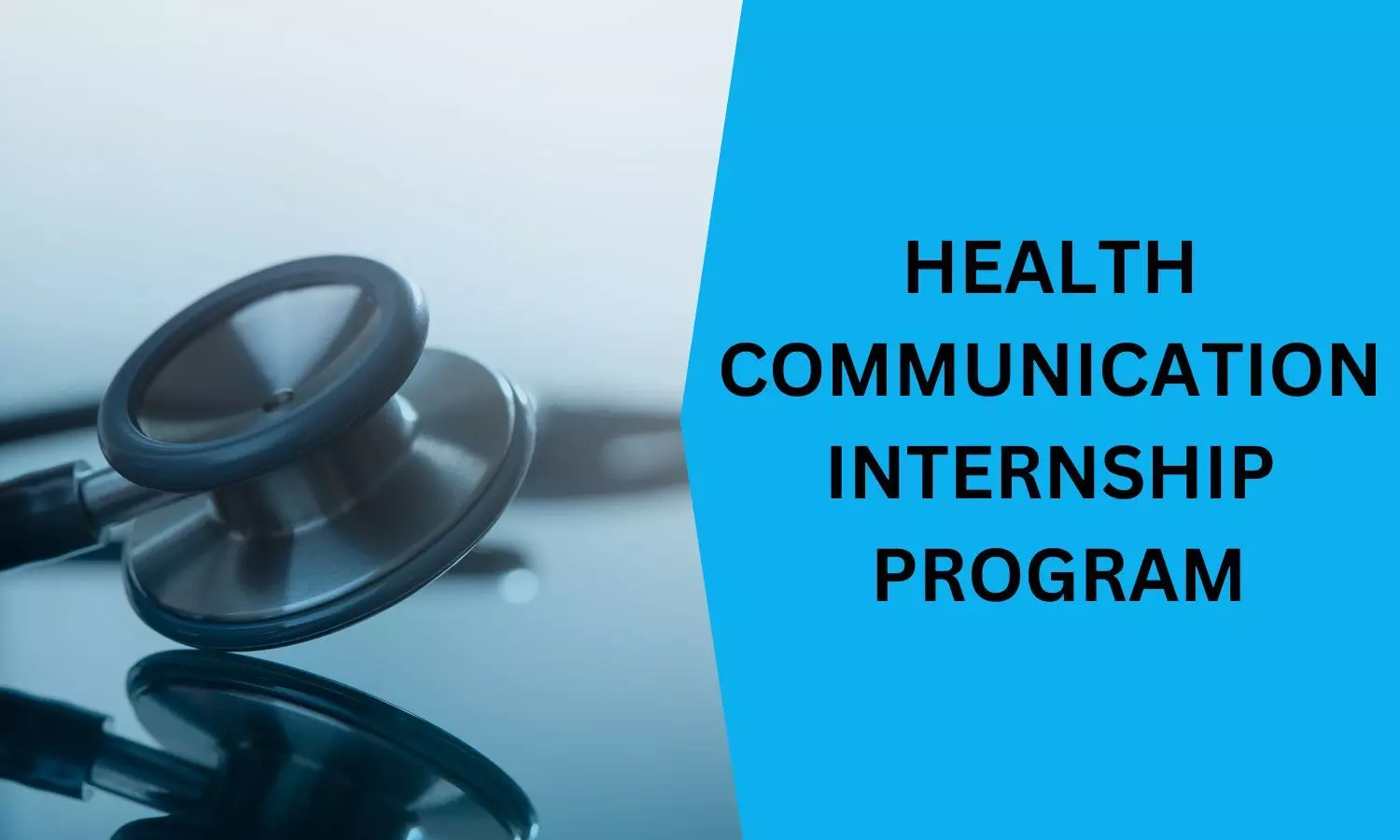Revolutionizing Brain Tumor Treatment: Apollo Hospitals launches first ZAP-X Gyroscopic Radiosurgery

New Delhi: Apollo Hospitals Group, India’s largest integrated healthcare provider unveiled the ZAP-X Gyroscopic Radiosurgery Platform, a revolutionary advancement in brain tumor treatment, marking a significant milestone as the first in South Asia to introduce this ground-breaking technology. With ZAP-X , Apollo Hospitals continues its legacy of innovation and commitment to providing world-class healthcare solutions for patients in India and across the world.
ZAP-X introduces a new era in brain tumor treatment, offering patients a non-invasive, pain-free alternative with sessions lasting just 30 minutes. This transformative technology redefines precision with minimal radiation exposure, enabling new standards in effectiveness and patient comfort. Unlike conventional methods, ZAP-X utilizes a self-shielded, gyroscopic linear accelerator design, to direct radiosurgical beams from thousands of potential angles, accurately focusing radiation on the intended tumor or target.
Also Read:Apollo Hospitals study redefines Prostate Cancer Screening in India
This innovative method improves patient outcomes by enhancing the ability to avoid critical structures like the brain stem, eyes, and optic nerves, while also drastically minimizing exposure to healthy brain tissue to safeguard a patient’s cognitive function.
ZAP-X’s proven clinical capabilities will enable neurologists and neurosurgeons in treating Primary & Metastatic Brain tumors, Arteriovenous Malformations (AVMs), Trigeminal Neuralgias, Movement Disorders such as Parkinson’s disease, Epilepsy and other intracranial lesions such as meningiomas, acoustic neuromas and pituitary adenomas, with better accuracy and fewer side effects to patients.
Dr Prathap Chandra Reddy, Founder Chairman, Apollo Hospitals Group said at the launch, “For more than four decades, Apollo Hospitals has been at the forefront of healthcare, continuously challenging limits to provide exceptional care. Upholding this tradition, we have unveiled ZAP-X, an innovative technology designed for the treatment of brain tumors.
This new approach allows for non-invasive, pain-free sessions lasting 30 minutes, with minimal exposure to radiation. ZAP-X also comes with advanced safety protocols, including instant error detection and reduced radiation leakage, that ensure the patient’s well-being and quality of life post treatment. Furthermore, as an outpatient procedure it allows for greater convenience and accessibility for patients.
We commit to ensure that this technology is made available for every citizen of our country and for people across geographies, as this will be a boon for how brain tumors are approached and treated. With the rising tide of Non-Communicable Diseases (NCDs), ZAP-X will be a new addition in our fight against NCDs, of whom cancers, form a significant portion. ”
The ZAP-X technology comes with key advantages which include it being non-invasive, thereby not requiring a surgical intervention for certain brain tumors, is pain-free; and offers frameless, pinpoint accuracy and real-time image guidance for shorter treatment durations and enhanced patient safety. ZAP-X demonstrates high success, ensuring effective control and relief for various conditions with minimal side effects. It achieves over 95% control rate in 10 years with minimal facial or trigeminal side effects. ZAP-X shows an exceptional 99.4% control rate in 5 years for small, defined tumors.
Prof. John R. Adler, Founder and CEO, Zap Surgical and Professor of Neurosurgery, Stanford School of Medicine said, “Stereotactic radiosurgery is among the most important medical advancements of the past century. Eligible patients no longer must experience debilitating surgical resections, or potentially lose cognitive capacity by undergoing whole-brain radiotherapy. Instead, with ZAP-X radiosurgery, patients can now be quickly treated in an outpatient setting and often return to normal activities the same day with no incisions, and no pain.”
While traditional brain surgeries last 3-4 hours, ZAP-X completes treatment within a single session lasting no more than 30 minutes. ZAP-X allows for a day-care procedure, enabling patients to return home post-treatment, unlike traditional surgeries requiring 4-7 days or more of hospitalization, and without the necessity of anesthesia.
The Apollo Institute of Neurosciences stands as a pioneering force in revolutionizing neurological care across India and the region. With state-of-the-art facilities, including emergency services, neuro-ICUs, and rehabilitation centers, Apollo has achieved a remarkable milestone of over 180,000 successful neurosurgeries. Leveraging cutting-edge AI technology, the Institute has redefined stroke protocols, enabling swifter, more accurate diagnosis and treatment.
Backed by a formidable team of over 300 neurosurgeons and neurologists, Apollo treats more than 25,000 patients annually, performing nearly 6,000 brain and spinal surgeries. This exceptional volume solidifies Apollo’s expertise in managing even the rarest and most complex neurological cases, attracting patients from around the world seeking unparalleled care. The unveiling of the ZAP-X platform reaffirms Apollo’s commitment to spearheading innovations that transform lives.
Powered by WPeMatico




